SUMMARY
This is AI generated summarization, which may have errors. For context, always refer to the full article.
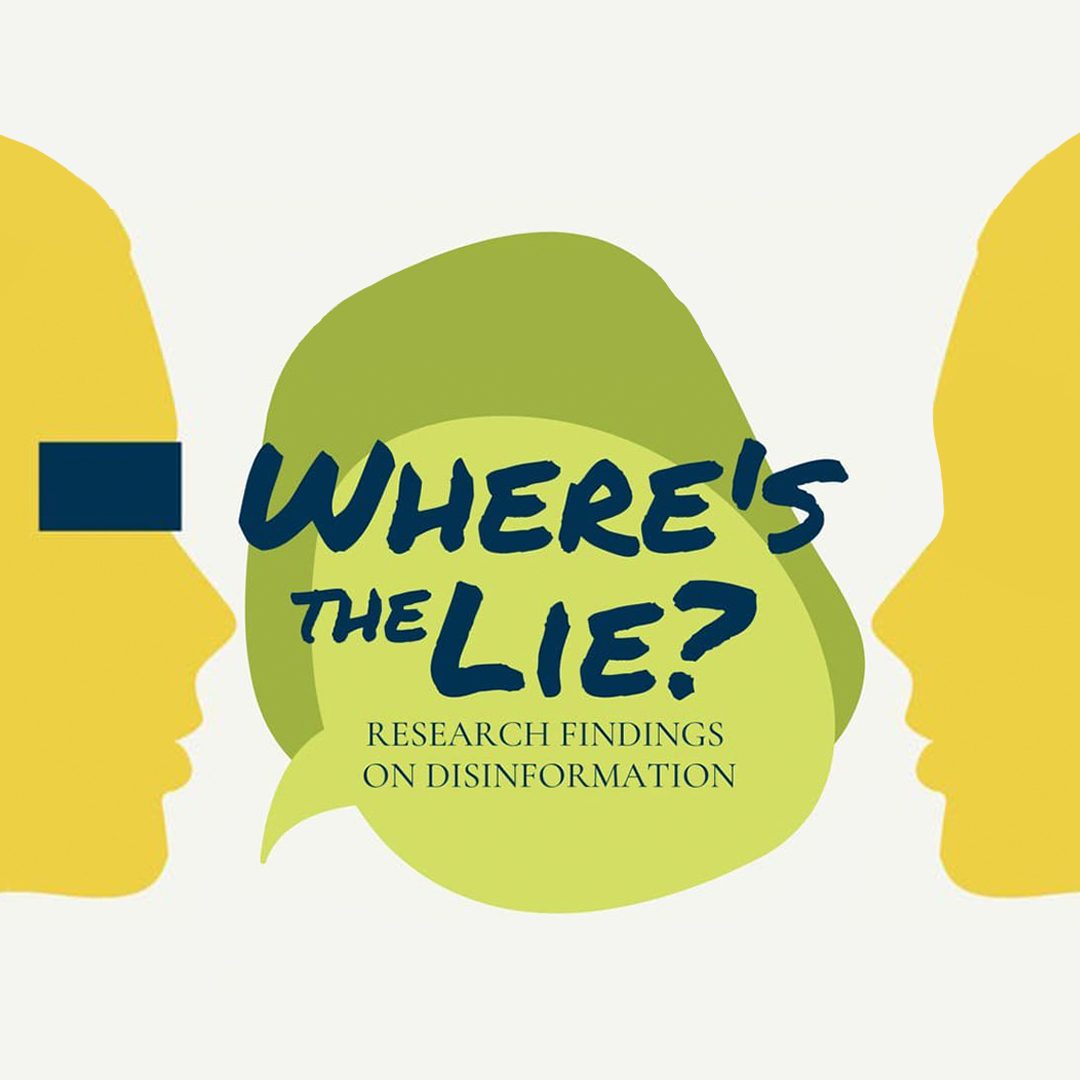
In the age of disinformation, why should people care about the lies being circulated on social media?
University of the Philippines (UP) professor Dr Clarissa David said in a virtual forum on Wednesday, December 9, that social media has upended the centralized nature of storytelling, turning into a platform for spreading falsehoods.
Whether the lies are found on social media, in books, or in institutions of broader governance systems, David said that disinformation is centralized, organized, and funded.
“There’s a long game, there’s a short game – it happens in social media, it happens in paper. The game is an old one, even if the technology through which it plays out is new,” David said.
Prevents meaningful discussion
A study conducted by Ateneo de Naga University researchers on the SEA Games scandal and how it played out on Twitter attempted to locate disinformation on social media and examine the discourse narratives in themes, speech acts, and patterns of disinformation.
Researchers found that in these conversations, there was a lack of quality in engagement, preventing meaningful political discussion. Instead of seeking the truth, engagements were highly emotional leading to blinkered deliberation or users expecting that their content will only be read and not interacted with.
For David, this study illustrated how a narrative played out live on a platform.
“It starts, it gets chaotic, there’s exchange, and then it quiets down, and in the end, some final agreed upon version of events emerge. And maybe there are multiple versions of events, and people are factionalized. And they may never agree about what ultimately was true,” she said.
David said that that the public must anticipate the implications of the poor quality of online discourse happening right before their very eyes. (READ: [ANALYSIS] As democracy dies, we build a global future)
“How we think about events and how we discuss it, is in real time shaped by how we see it unfolding through multiple lenses of the noise around social media. This makes it more difficult to fight against disinformation because the process of negotiating the narrative of deciding which parts of an event to highlight or not highlight, remember, or forget as what happened in the Twitter study…is disorganized, and it’s noisy, and it’s polluted,” David said.
Displacing historical truth with lies
Disinformation is not only happening on social media but also in books.
The study “Marcos Truths: A Genealogy of Historical Distortions” by Miguel Paolo Reyes and Joel Fajardo Ariate Jr of the University of the Philippines Diliman illustrates how historical narratives can be revised over time, and how new ones are created with the intention of displacing existing narratives.
Among the study’s findings is that the Marcoses, their loyalists, and their allies have been producing and reproducing propaganda all these years, with the intended effect of creating a sense that there’s a community of scholars behind it so that people don’t need to question it. (READ: FALSE: ‘NSO’ figures comparing spending budget of 3 ex-presidents)
“[The sources of these supposedly objective facts] were actually just relying on each other. And when we tried to construct a network of who were these people who were making these utterances. More often than not, we always went back to the Marcoses themselves,” Reyes said.
“So by disassociating themselves either by design or accident, what they do is they disassociate themselves from the false utterances in such a way that it doesn’t become clear that they were ultimately the source, and ultimately what they’re seeing has no factual basis,” he added.
The researchers said the Marcos sourcebooks were published in the year 2000, and stressed that their creation as a “received wisdom” is the magic that the Marcoses and their supporters were somehow able to pull off. (READ: Networked propaganda: How the Marcoses are rewriting history)
“Historical revisionism is possible only if the audience is unable to tell the truth from the lies…. Nobody wants to be told they were believing in false information. So in many ways, it’s a game of getting to people first, and getting the new generations first,” David said.
Media systems linked to vulnerability to disinformation
While social media plays a huge factor, a study on media systems and disinformation vulnerability conducted by Cleve Arguelles of the Australian National University and Jose Mari Lanuza of UP Manila zoomed into the role of institutions, systems, and regulations in societies where disinformation either thrives or dies.
Lanuza said that media systems are all vulnerable to disinformation. However, each media system model has a distinct set of institutional vulnerabilities, and in turn, this makes certain media systems more susceptible to certain types of disinformation.
“So from a media systems view, we can see clearly the nuances of disinformation production in the region and how media systems affect what kind of disinformation operations will be fostered in the country or the state,” Lanuza added.
The media system in the Philippines was classified under the third model in which the media act as watchdogs of the public amid attacks on media freedom and independence under the Duterte administration. The other models classified the media as a government mouthpiece, and as a limited public informant.
“If you look across Southeast Asia and compare the level of media freedom and media independence, we’ve seen that the level of freedom and independence of the Philippines and its social role and the way it operates is markedly different from the other two models,” Arguelles said.
Researchers clarified that not all private media outlets in the Philippines can be considered watchdogs. “This is actually the reason why we have a commercial variant of disinformation. And we include cases in the Philippines. Under that we recognize that commercial motives play a part in spreading disinformation in the Philippines,” Lanuza said.
David emphasized that this particular study reminded the public that social media may be a disruptor as a system, but it operates in societies which already have existing rules.
Importance of witnessing
While disinformation continues to thrive in the digital space, David highlighted the importance of bearing witness to the events and issues happening around, and how social media can only be sort of a “temporary parking lot of witnessing.”
“What we never witnessed firsthand, we rely on mediated forms to allow us to witness. So in this way, witnessing can be falsified. If the mediated forms are falsified, or that the disinformation that we see on social media, or stories, even when they’re true, or told with a lens that’s leaning hard into the untrue, then the witnessing of future generations becomes false. And the truth can quite literally disappear,” David said.
She also stressed the value of interaction and the role of the narrative of the past in the present.
“The moment the platform is infused with bad actors funded for propaganda with the intention of controlling and narrative to gather power and support…democratization breaks down. So we go [to] the final point. The narratives controlling the narrative is the purpose of disinformation, and [are] old-school book-based propaganda,” she added.
During the forum, at least 6 research projects conducted by 17 researchers were presented. The research studies were held with the assistance of the small grants facility of the Consortium on Democracy and Disinformation, a national network of journalists, academics, and civil society representatives.
Other studies tackled the assessment of disinformation interventions and research on audiences. – Rappler.com
Add a comment
How does this make you feel?

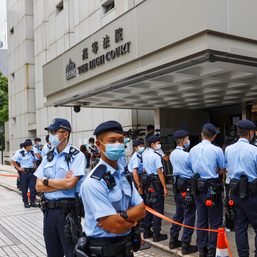
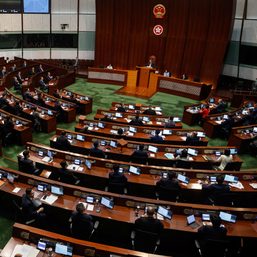
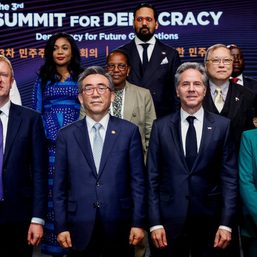
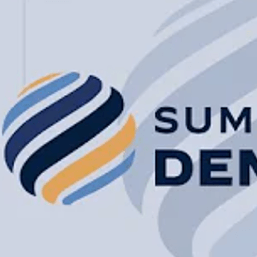



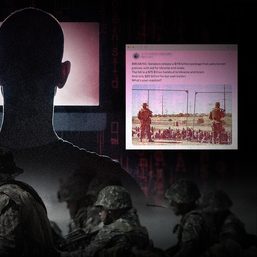
![[Newspoint] Fake press, undeserved freedom](https://www.rappler.com/tachyon/2024/04/newspoint-fake-press-undeserved-freedom-April-5-2024.jpg?resize=257%2C257&crop=318px%2C0px%2C720px%2C720px)
There are no comments yet. Add your comment to start the conversation.